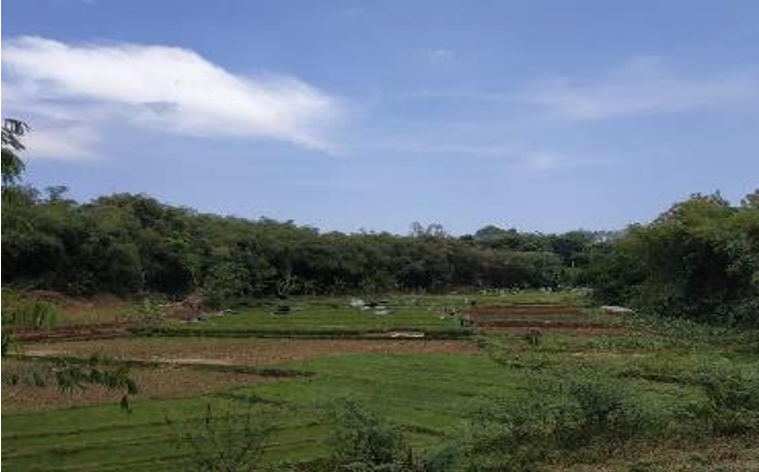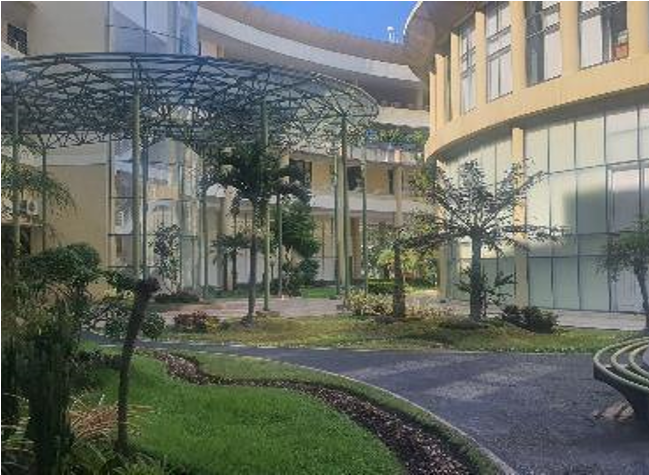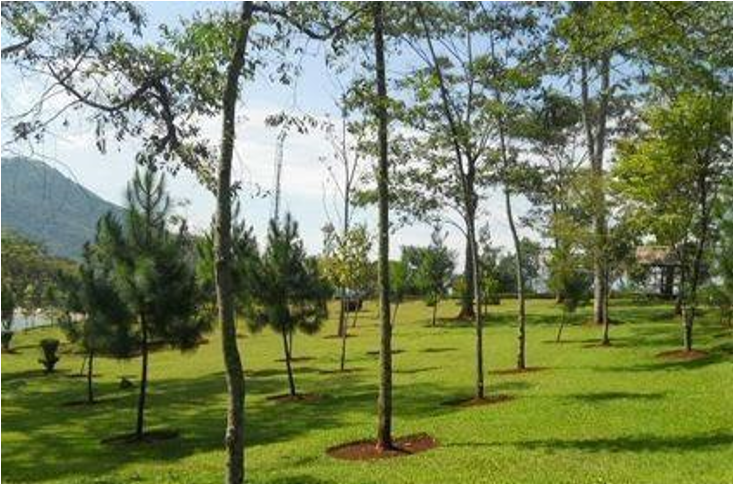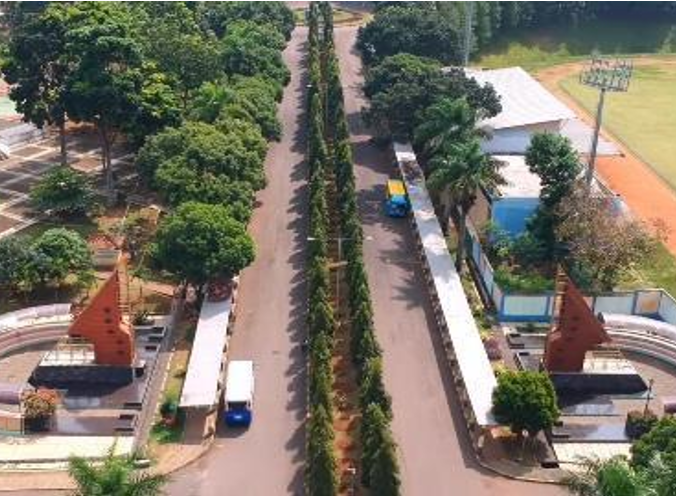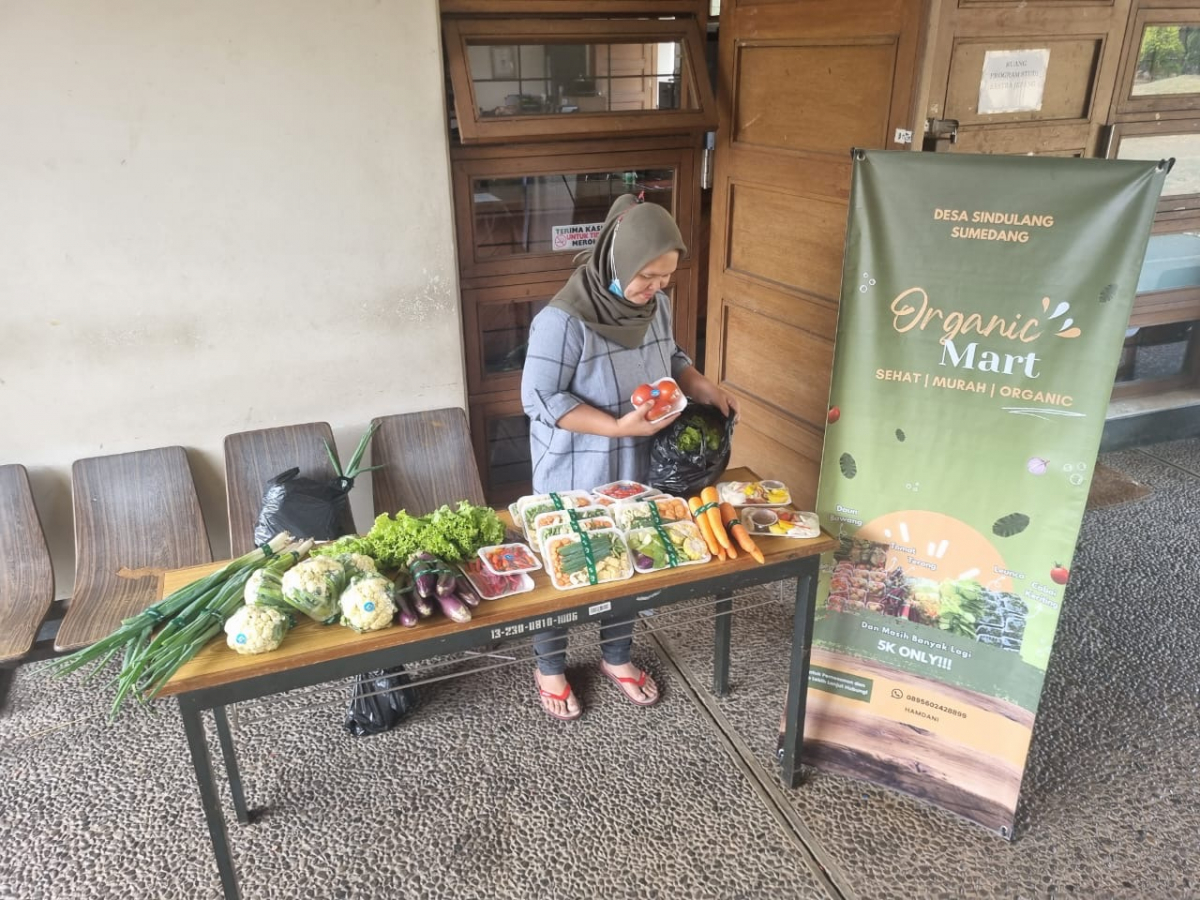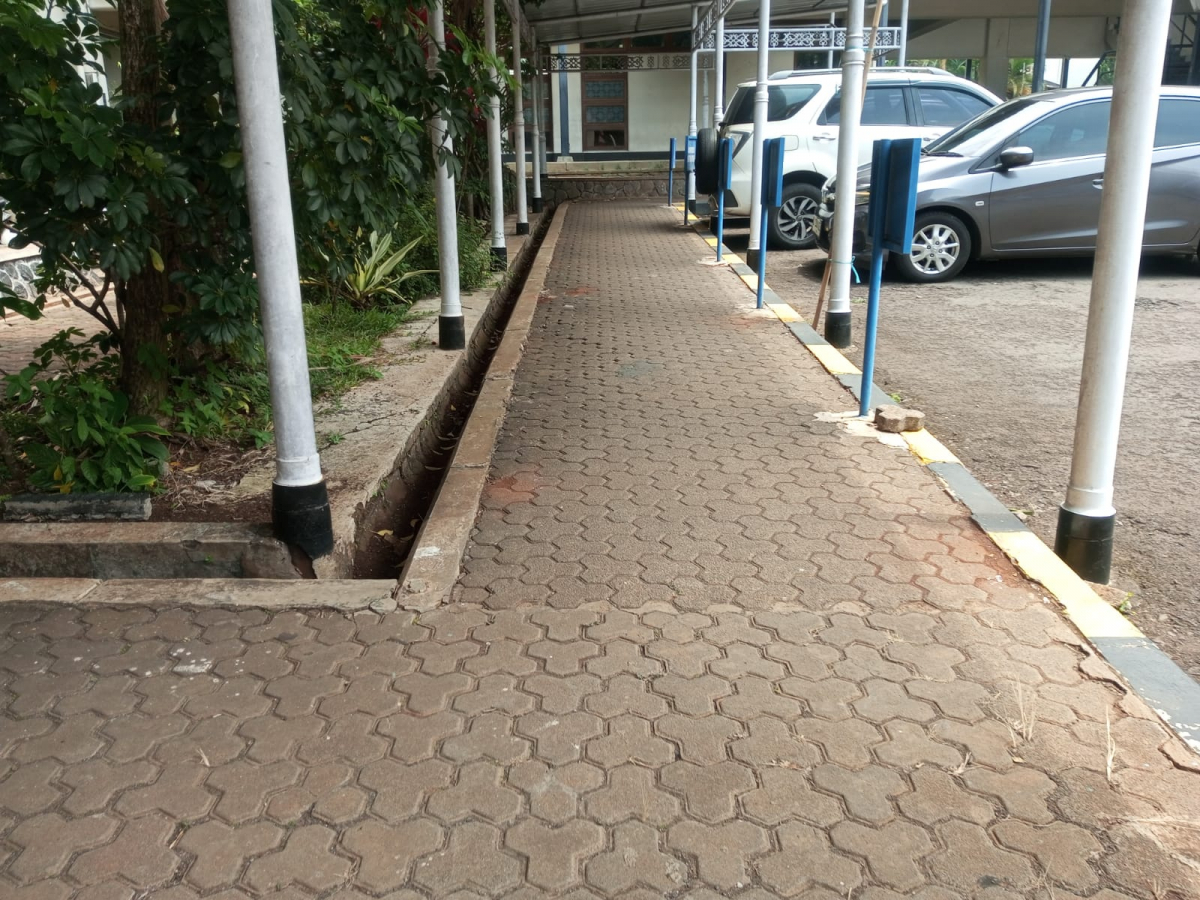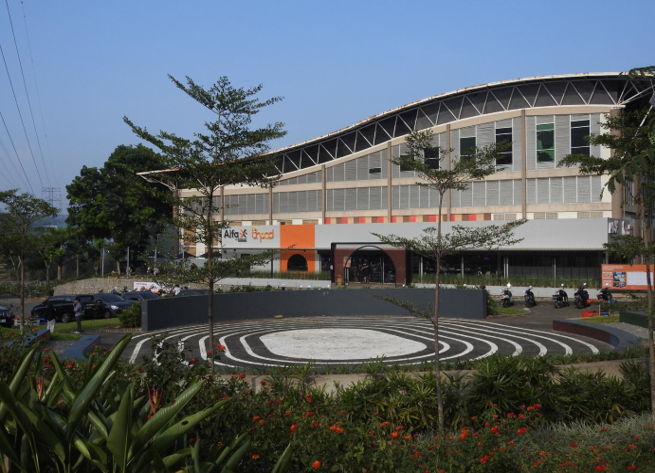
Unpad Establishes Green Open Spaces in Support of Sustainable Campus Goal
Jatinangor, West Java – The provision of green open space is deemed one of the facilities that support teaching and learning activities. This is as it is able to supply fresh air and is considered an attempt to restore the green environment in the campus area.
Universitas Padjadjaran is one of the campuses that supports the realization of a sustainable campus environment. The Faculty of Cultural Sciences and various other faculties at Universitas Padjadjaran have been doing various forms of efforts to realize this vision, one of which is by building Ruang Terbuka Hijau (RTH) – Green Open Spaces which are distributed in various corners of the campus.
The green campus consists of an area of about 90.37% and is divided into several green areas, such as 30.08% forest vegetation (625,009.83 m2), 41.77% plant vegetation (744,308 m2), and 10.96% water infiltration area (195,356.39 m2). The area is spread across various faculties, one of which is the Faculty of Social Sciences. The existence of this quite large green space is considered to be able to help maintain and improve environmental quality, become a water absorption area, and become a good habitat for flora and fauna. On the other hand, this facility can also be used by students as a means of learning, discussion, or relaxing.
Learning and Leisure Facilities at Unpad
Of the many green open spaces owned by Unpad, one that is most popular amongst students to spend time is the campus forest or commonly known as “Arboretum”. This facility, designed to resemble a natural forest with conservation significance, is divided into various zones, namely the rare plant zone, industrial plant zone, candlenut garden zone, and mahogany garden zone.
Students of the Faculty of Social Sciences and other faculties at Unpad often use the arboretum as a nature laboratory, especially for students interested in natural issues. In addition, many students also use this facility for afternoon exercise.
With this green open space, the Faculty of Social Sciences and various other faculties at Unpad support efforts to preserve nature and realize a comfortable and sustainable campus environment.
Writer: Maria Imanuella Dewi Sekartaji
Translator: Dhia Anaulva Putri
